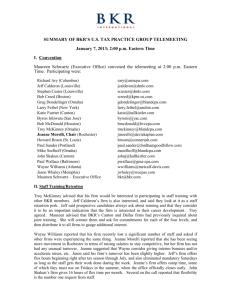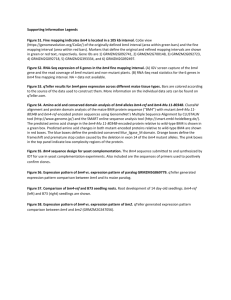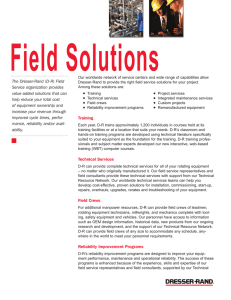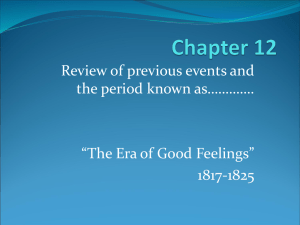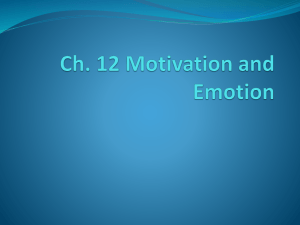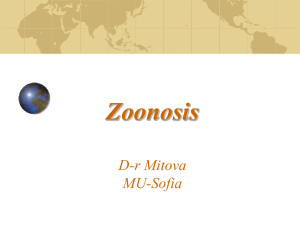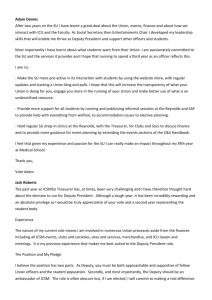Teaching Fellow - Further Particulars
advertisement
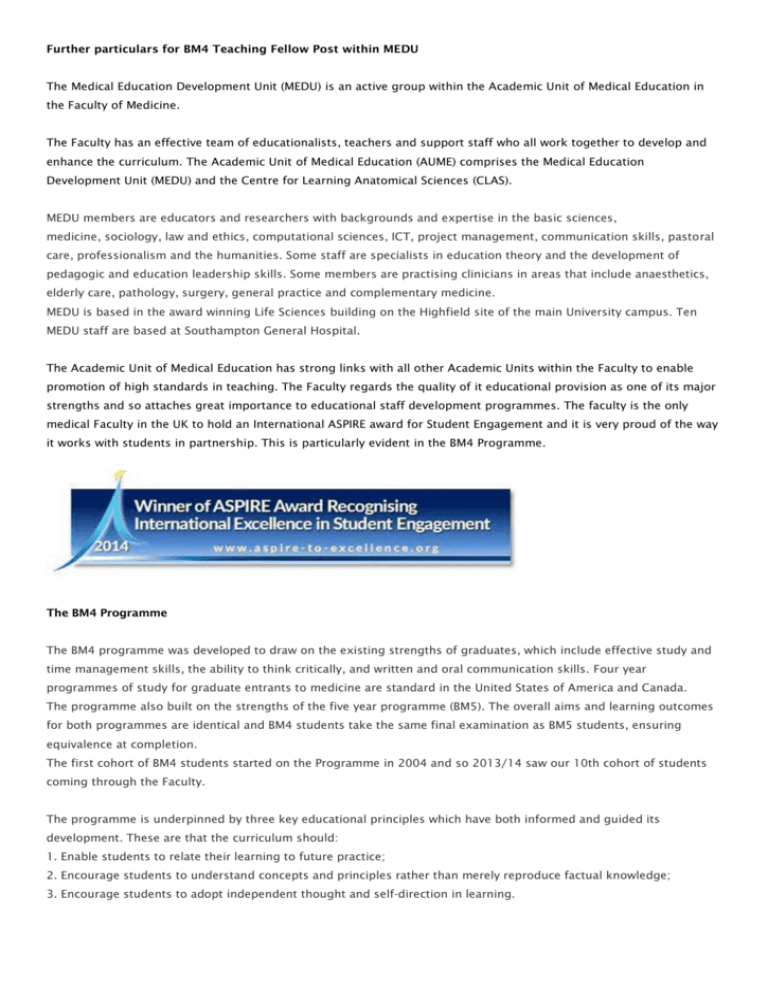
Further particulars for BM4 Teaching Fellow Post within MEDU The Medical Education Development Unit (MEDU) is an active group within the Academic Unit of Medical Education in the Faculty of Medicine. The Faculty has an effective team of educationalists, teachers and support staff who all work together to develop and enhance the curriculum. The Academic Unit of Medical Education (AUME) comprises the Medical Education Development Unit (MEDU) and the Centre for Learning Anatomical Sciences (CLAS). MEDU members are educators and researchers with backgrounds and expertise in the basic sciences, medicine, sociology, law and ethics, computational sciences, ICT, project management, communication skills, pastoral care, professionalism and the humanities. Some staff are specialists in education theory and the development of pedagogic and education leadership skills. Some members are practising clinicians in areas that include anaesthetics, elderly care, pathology, surgery, general practice and complementary medicine. MEDU is based in the award winning Life Sciences building on the Highfield site of the main University campus. Ten MEDU staff are based at Southampton General Hospital. The Academic Unit of Medical Education has strong links with all other Academic Units within the Faculty to enable promotion of high standards in teaching. The Faculty regards the quality of it educational provision as one of its major strengths and so attaches great importance to educational staff development programmes. The faculty is the only medical Faculty in the UK to hold an International ASPIRE award for Student Engagement and it is very proud of the way it works with students in partnership. This is particularly evident in the BM4 Programme. The BM4 Programme The BM4 programme was developed to draw on the existing strengths of graduates, which include effective study and time management skills, the ability to think critically, and written and oral communication skills. Four year programmes of study for graduate entrants to medicine are standard in the United States of America and Canada. The programme also built on the strengths of the five year programme (BM5). The overall aims and learning outcomes for both programmes are identical and BM4 students take the same final examination as BM5 students, ensuring equivalence at completion. The first cohort of BM4 students started on the Programme in 2004 and so 2013/14 saw our 10th cohort of students coming through the Faculty. The programme is underpinned by three key educational principles which have both informed and guided its development. These are that the curriculum should: 1. Enable students to relate their learning to future practice; 2. Encourage students to understand concepts and principles rather than merely reproduce factual knowledge; 3. Encourage students to adopt independent thought and self-direction in learning. Medical students need to study a wide range of science and social science disciplines that underpin medical knowledge, understanding and practice. The BM4 curriculum has been designed to encourage students to link their knowledge and understanding across disciplines and to integrate the theory and practice of medicine. In the first two years, all learning is structured around clinical topics, and students learn in small groups, using ‘trigger materials', relevant clinical experience and a small number of lectures to achieve stated learning outcomes. The learning structured around clinical topics has some features in common with problem-based learning (PBL) courses. The additional skills and life experience brought by graduates to the course have enabled the development of an innovative curriculum which enables achievement of the BMBS degree in four years. In order to build on the graduates’ independent study skills and previous learning, students spend a significant part of their first two years working in small groups. These graduate groups meet on Monday and Friday mornings, with a facilitator who may be a social scientist, scientist or a clinician. The Monday sessions focus around various types of ‘trigger material’, for example a paper case or a video, selected to help students to identify their learning for the week, and the Friday sessions aim to encourage students to clarify what they have learned and what they still need to learn. They also have two to three sessions of clinical experience each week, in hospital and primary care settings, and two sessions of lecture based teaching. Learning is supported by a variety of other learning resources, including teaching staff, paper and electronic materials. The role of the post holder It is anticipated that the successful candidate will: Become a key member of the programme team and attend regular meetings as appropriate Give a limited number of lectures on topics relevant to their expertise. Act as a graduate group facilitator Act as a resource for the course co-ordinators, students and teachers to provide subject expertise in their subject area. Lead, manage and co-ordinate a component of the programme (most likely Module Leadership (level 4) or Year Leadership (level 5). Help students (in groups or individually) with topics related to their subject area which they find difficult. Contribute to the curriculum development, assessment, evaluation and development of learning resources for the BM4 programme. Complete the Postgraduate Certificate in Academic Practice (if not already a holder of an equivalent qualification), which is a requirement of all new lecturers/teaching fellows in the University The BM4 team are very proud of the BM4 Programme and there is a strong team spirit and positive working culture within the team. Support for the role will be provided by the Programme team, who currently comprise: Shelley Parr, Principal Teaching Fellow BM4 Programme Lead & Head of the Academic Unit of Medical Education Ben Chadwick, Consultant in Acute Medicine BM4 Deputy Programme Leader, Year 2 leader and Assessment lead Steve Wimbush, Consultant in Anaesthetics and Intensive Care BM4 Lead at Winchester & Module Leader Rohan Lewis, Reader in Physiology Yr 2 Assessment Lead, Physiology Subject Lead & Deputy Module lead Chris McCormick, Lecturer in Immunology Yr 1 Assessment Lead, Immunology Subject Lead & Deputy Module Lead Ben Marshall, Consultant in respiratory medicine Graduate group coordinator & Module Leader Nick Evans, Associate Professor in Bioengineering Deputy Graduate Group co-ordinator & deputy Module leader Deborah Rose, General practitioner Primary care coordinator & Deputy Module Leader Tom Cecot, Senior Teaching Fellow in Anatomy Anatomy Tutor Roxana Carare, Associate Professor in Cerebrovascular Ageing Anatomy Tutor Kathy Kendall, Associate Professor in Social Science Sociology as applied to Medicine Lead Laura Dennison, Lecturer in Psychology Psychology as applied to Medicine Lead Julie Parkes, Senior Lecturer in Public Health Public Health subject Lead Ele Jaynes, Consultant in Pathology Pathology subject Lead Melissa Turner, Member of the Student Admin team Named person to support BM4 within student administration team

